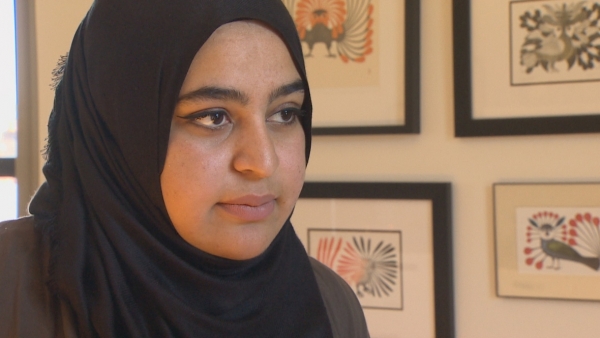This summer, Dalhousie University student and Vice-President (VP) Academic and External of the Student Union, Masuma Khan expressed frustration with the Canada 150 celebration via Facebook, emphasizing solidarity with indigenous students and calling out white students for their continued support of the revelry. The post was reported by a fellow student for its supposed targeting of white people through its harsh language and profanity. Following the backlash, Khan faced threat of disciplinary action. Dalhousie’s Vice-Provost of Student Affairs argued that Khan’s post violated a clause of the Code of Student Conduct, stating that “no student shall engage in unwelcome or persistent conduct that the student knows, or ought to reasonably know, would cause another person to feel demeaned, intimidated, or harassed.” Though the disciplinary action has since been withdrawn, the university has not addressed the regulatory problems that created the situation in the first place: Namely, the student code’s lack of guidelines regarding online speech.
The contentious debate surrounding the blurry lines of free, political, and hate speech in a college setting has been extensively covered: Dalhousie’s Code of Student Conduct includes a provision allowing “peaceful assembly” and “lawful picketing” as political expression. However, it does not extend its reach beyond an old-fashioned conceptualization of political dialogue, and nowhere does it mention speech on the internet. McGill’s Code of Student Conduct and Disciplinary Procedures is also silent on the issue. In fact, neither code discusses the internet at all, and this is a troubling oversight. The legislative machinery of a university exists to protect its students, by limiting what students can do in university-owned space. Dalhousie and McGill both define their jurisdiction as the physical space of the respective universities. As such, their respective codes of conduct are not designed to administer virtual arenas.
The internet represents a new venue for political conversation, one that is neither public nor private, and one that Canadian universities are not yet prepared to oversee. As long as the internet exists in a regulatory grey area, students—especially student leaders like Khan, who use online platforms to engage with their communities—will continue to be hurt by the selective application of university regulations. Although the definition of what kind of space the internet is—as well as the nature of acceptable speech within that space—is deeply nuanced, universities have a responsibility to their students to define the ways that they will regulate their online activity prior to deciding to take disciplinary action.
If schools are going to police what students say on the internet, they need to first determine exactly how far their online jurisdiction goes. Arguably, universities have no right to regulate web activity at all. As it stands, the codes of both Dalhousie and McGill apply to the “university community” in the “university context.” If it is decided that certain online activity belongs to that context, and that a school can take disciplinary action against what its students say virtually, then the administration needs to work with students to create comprehensive regulations. Regulatory gaps in regards to internet conduct allow existing regulations to be applied arbitrarily. In Khan’s case, there was no way for her to know beforehand that her post would fall under the category of “unwelcome and persistent conduct” enumerated by the code. As it stands, the language of both the Dalhousie and McGill codes is too flexible for students to know what is acceptable to post and what is not. This leaves too much room for the code to be applied selectively by, for example, students who wish to target other students. This does not create a safe, transparent, or democratic environment for students who are politically active online.
The venues for public speech are becoming digitalized, and, as a result, the lines between public and private are dissolving. Institutions as a whole need to develop realistic machinery for regulating students’ conduct on the internet. Without such machinery, there is too much potential for the unfair targeting of individuals who use their virtual platforms as quasi-public spaces that collapse the personal and political. Students like Khan should not have to wonder whether their online statements will bring them under the scrutiny of their university administration. Dalhousie—and McGill—must do better.









